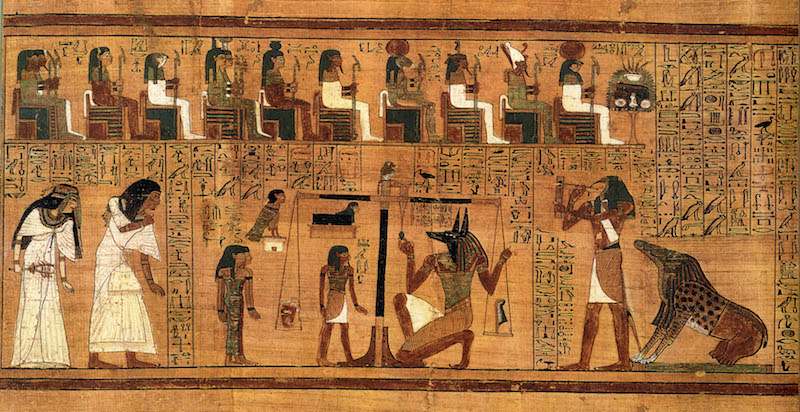“Then the Lord said to Moses, ‘God to Pharaoh, for I have hardened his heart.” (Exodus 10:1 NIV)
We see this phrase over and over in the Exodus narrative: “I have hardened his heart.” A year or so ago, a student asked me, “Why would God harden someone’s heart?” I understood his question, does God really manipulate people’s feelings? Can He mess with our emotions? We’ve got to remember that Pharaoh’s heart was hard to begin with. His interior was stoney long before God stepped in.
At first encounter, Pharaoh said far more than no to God. He said “Who is the Lord that I should obey him?” (Exodus 5:2 NIV) It seems that Pharah’s heart was open to every other god but the One True God. We note his vast collection of priests and temples, but there was no room for Yahweh in Pharaoh’s kingdom. What’s more, he had forgotten Joseph, the champion of Egypt (Exodus 1:8) and plunged the Israeli people into slavery and population control. Egypt’s window for God’s grace was closing quickly and Pharaoh had no interest in leading his people in repentance. His heart was hard.
Physically speaking, muscle weighs more than fat. A hard heart is strong, stout, muscular. Pharaoh’s already hard heart was additionally hardened by the hand of God: imagine how strong, fierce and heavy his heart was.

Interestingly enough, Egyptians would weigh the heart of their kings posthumously. Egyptians thought a great deal of the after-life and handled the remains of their royalty with tremendous care. The heart-weighing had to do with a king’s sense of what is right and just. According to their belief, if the king’s heart weighed more than his father’s, the unjust leader was committed to the devourer in the afterlife. Pharaoh’s heavy heart sealed his fate: both in God’s eyes and in the idolatry the nation of Egypt held dearly.
What does any of this have to do with us? Why should we care about Pharaoh’s hardened heart? I see distinct similarities between ancient Egypt and modern life. Moses spoke of coming judgement; he gave Pharaoh opportunity to repent and reach for God. Thousands of years later, we still speak of coming judgement, but offer the grace of God available in Jesus Christ in the very same sentence.
We can learn from Pharaoh’s foundering; a lack of compassion for others can compromise our own organs. Apathy toward our fellow man can atrophy the muscles in our chest. Pharaoh saw people as possessions. He got his priorities mixed up: he used people and loved stuff. He feared fake gods, but had no fear of the holy God.
It is tempting in all the craziness of the world right now to pull away and put up walls. Self-protection feels paramount as the foundations of civilization shake. But we can’t let fear shirk our calling. We are asked to act as Moses: to face an unbelieving world and speak the truth about a holy God. Holding back, hiding, keeping the gospel to ourselves is not loving our neighbor. It is hardening our heart to man’s most basic and pressing need: salvation from sin.
“And I will give you a new heart, and I will put a new spirit in you. I will take out your stony, stubborn heart and give you a tender, responsive heart.” (Ezekiel 36:26 NLT)
Lord, please keep our hearts soft amidst the chaos and fear. Let us stand for righteousness, even if it comes at a high cost. Strengthen our backs for the burden – the bricks without straw – that may very well come as a result of standing up for You. Stiffen our spines but keep our hearts tender as we consider and communicate Your love for others. Amen.